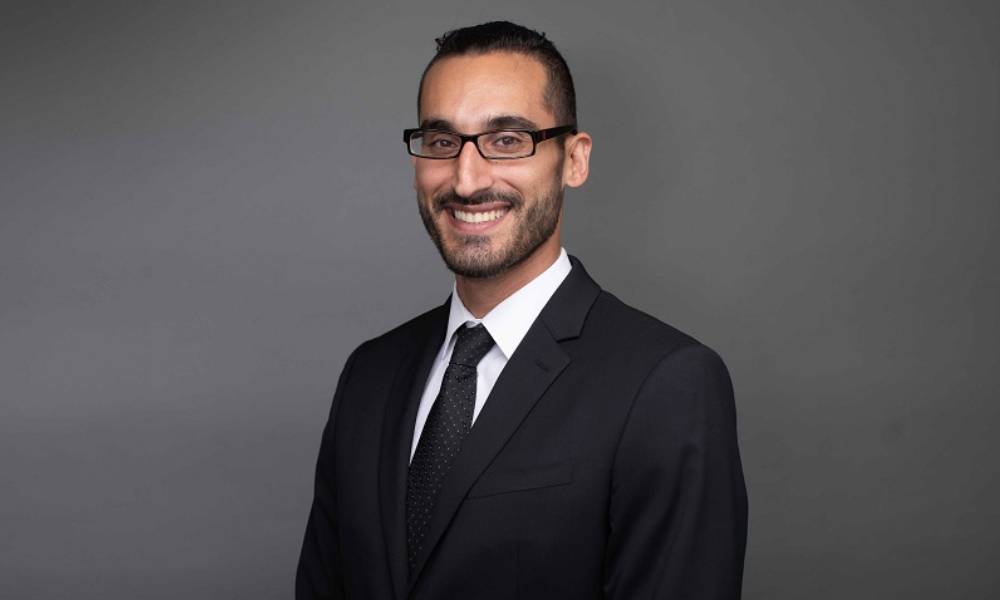
Employment lawyer says COVID-19 has changed workers’ needs and wants as labor shortage reaches critical period

The ongoing US labor shortage is reaching a critical point, as employers in the hospitality and leisure sectors continue to compete for uninterested talent. However, with employment subsidies soon coming to an abrupt end – and COVID relief funds drying up – millions of Americans are facing a benefits purge. HRD spoke to Navid Kanani, trial employment lawyer at JS Abrams Law, who revealed the reasons behind this employment paradox – and how California may need governmental support to bridge the widening gap.
“Over the past year, we’ve seen the leisure and hospitality sector over here in the US be especially majorly affected,” he told HRD. “Obviously, the ongoing pandemic is the primary cause of this however we’re also seeing secondary reasons as to why the economy isn’t recovering as quickly as it should. An increase in unemployment benefits has made a lot of workers in this sector reluctant to go back – after all, some of them are receiving more money in benefits than they did in their weekly pay checks.”
This shortage of employees is a growing concern for Californian employers, with businesses pushing ever-more incentives to entice candidates through the door. Paradoxically, California enjoyed the lowest infection rates in the US in recent months – but even that didn’t save the sunshine state from economic downturn. America isn’t necessarily going through a ‘skills drought’ per se – the skills are there – it’s just the staff are hesitant to practice them.
However, this isn’t just about increased employment benefits - issues such as childcare needs and infection panic and concerns over the Delta variant are all weighing heavily on employees’ minds. Worker needs and wants, their expectations, have changed dramatically since the pandemic – and what was once enough for staff in these lower-paid industries now simply won’t cut it. As such, we’ve seen a dramatic uptake in personal development.
“Quite frankly, a lot of employees are using this time to ‘level-up’,” added Kanani. “For example, if they worked in a lower-level job, they're now upskilling themselves to aim for the next career tier. They’re increasing their own hirability. And while this is great on a personal level, we’re seeing the impact of this upskilling in the dearth of hospitality candidates especially.”
In other parts of the US, employers are turning to wage increases and flex-work models in an attempt to hire much-needed staff. Hiring bonuses, as Kanani told HRD, are becoming much more prevalent in California.
“In some limited instances, employers are even providing ownership interest in their companies. This is a great option for those larger organisations – but not much of an avenue of choice for smaller companies. And they’re really being hit the hardest.”
READ MORE: Biden’s divisive vaccine mandate a ‘tricky policy to implement’
However, this may all change at the end of this week – with the US’s Family First Coronavirus Relief Act extension in the American Rescue Plan Act scheduled to end on Sept 30th 2021 – and with it ends employment benefits for millions.
“The Family First Coronavirus Relief Act says that, on a federal level, if employee is sick with COVID, or a member of their family, the employer is required to offer up to two weeks paid sick leave,” added Kanani. “In California, we have a COVID supplemental paid sick leave. That began in March of this year and was effective for a period of January 1, 2021, through again to the end of September 2021. This law allows for a broader application. In addition to covering any COVID sickness, this law also covers quarantine time, medical diagnosis time, and paid vaccination leave.”
So, what’s to be done? For Californian employers, Kanani suggests keeping an eye on the government’s next move.
“At the end of the month, a lot of these employment benefits could be gone,” he told HRD. “Paid leave in California could well be over for good. There’s been calls from different representatives to maintain those supplemental benefits – and while we hope this happens as of now, we haven't seen a single governor come out and say that these benefits are going to be extended - or there's going to be new benefits implemented. We’re all watching closely to see what the government is going to do next.”